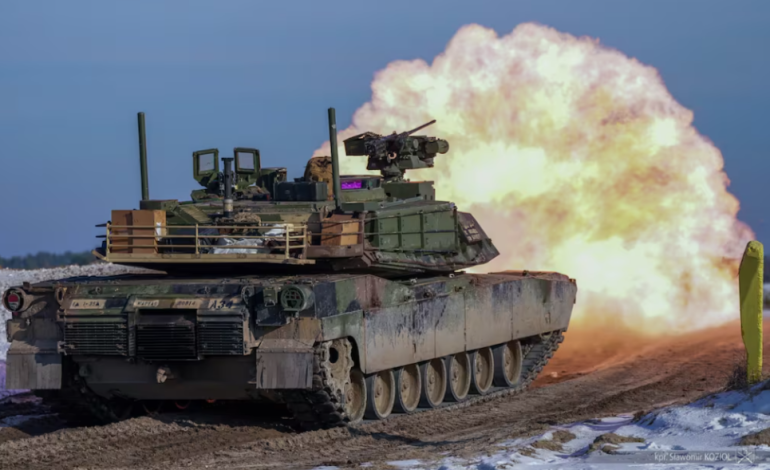A recent report by former Italian Prime Minister and European Central Bank President Mario Draghi has raised concerns about the European Union’s defense procurement and investment strategies.
According to the report, EU member states are excessively reliant on foreign suppliers, particularly from the United States, for their defense equipment and are not investing enough in collaborative military projects within the bloc.
The report, which examines the competitiveness of the EU’s defense industry, reveals that nearly two-thirds of all EU defense orders between mid-2022 and mid-2023 were placed with US companies, with an additional 15% going to other non-EU suppliers. This trend underscores a significant dependency on external sources for military hardware, including high-profile purchases like the F-35 warplanes ordered by the Netherlands.
Draghi’s report highlights that EU countries are failing to leverage their collective research and development capabilities to modernize their armed forces effectively. In 2022, defense R&D spending in the EU amounted to €10.7 billion, roughly 4.5% of total defense spending, compared to the United States’ $140 billion, which represents around 16% of its defense budget. This discrepancy reflects a broader issue of insufficient investment in new technologies and innovation within Europe’s defense sector.
The report also criticizes the EU for not adequately investing in its defense industry to foster stronger and more integrated defense firms. It notes that Europe’s defense procurement process remains fragmented, with multiple national and EU programs diluting resources and hindering the creation of competitive European defense companies.
One significant issue highlighted is the lack of joint procurement and collaboration among EU member states. The report points out that the EU has supplied ten different types of howitzers to Ukraine, leading to logistical challenges due to varying ammunition requirements. In contrast, successful joint projects like the A-330 Multi-Role Tanker Transport aircraft have demonstrated the benefits of collective investment and resource pooling.
Draghi’s report recommends several measures to address these challenges, including the appointment of a dedicated Defense Industry Commissioner to oversee and coordinate EU defense policy. It also calls for increased support for joint procurement initiatives and a more strategic approach to integrating European defense firms to achieve economies of scale.
The report underscores the need for the EU to reform its public procurement legislation to prioritize European solutions and encourage collaboration among member states. This would help reduce reliance on non-EU suppliers and strengthen the European defense industry’s global competitiveness.
Politico and Defense News contributed to this report.









